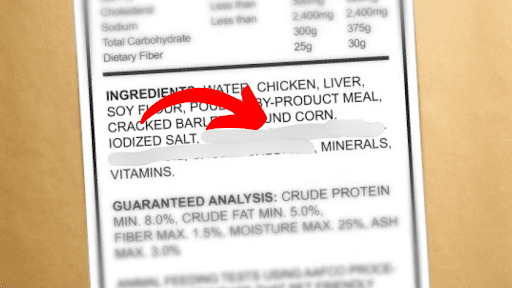5 Warning Signals of an Unhealthy Gut
The notion of the gut as the “second brain” reflects its vital role in overall health. Yet many people aren't aware when something’s amiss with their gut health. Identifying problems involves looking for distinctive signs that may be overlooked.
Experiencing bad breath despite good dental hygiene? This could suggest an issue within the gut. H. pylori, a common gut bacterium, becomes problematic when there's an imbalance, potentially closing a fragrant loop that only remedies targeting gut health can unwind.
Occasional bloating can happen to anyone, but if it's a persistent problem, your gut flora might be sending out an SOS. Trouble digesting carbohydrates like lactose or fructose can make the issue worse, leaving your belly inflated and uncomfortable.
A diet dominated by sugar might feed burgeoning bacterial imbalances more than lifestyles. Meet Candida Albicans, a yeast that thrives on sugar and balloons in conducive, unhygienic gut gardens devoid of balance. Combat its invasion with measures targeting both diet and stress management.
Acne and eruptions, particularly around cheeks, have ties that go deep — to your digestive health status. Systemic inflammation often traces back to an upset gut, detectable visibly on terms as eczema or psoriasis explosions, before delving further gets the go-call.
From Around The Web
Wellness Inbox is a blog & weekly newsletter that curates trending news and products related to health and wellness from around the web. We also gather content from various sources, including leading health professionals, and deliver it directly to you.
Please note that we may receive compensation if you purchase any products featured in our newsletter. Wellness Inbox is not affiliated with, nor does it endorse, any health professionals whose content may appear in our newsletter. The information provided is for general informational purposes only and should not be considered medical advice.
The information provided is not intended to replace professional medical advice, diagnosis, or treatment. All content, including text, graphics, images, and information available is for general informational purposes only. We do not guarantee the accuracy or completeness of any information presented and assume no liability for any errors or omissions. The content is subject to change without notice. We encourage you to verify any information with other reliable sources and consult your physician regarding any medical conditions or treatments.







